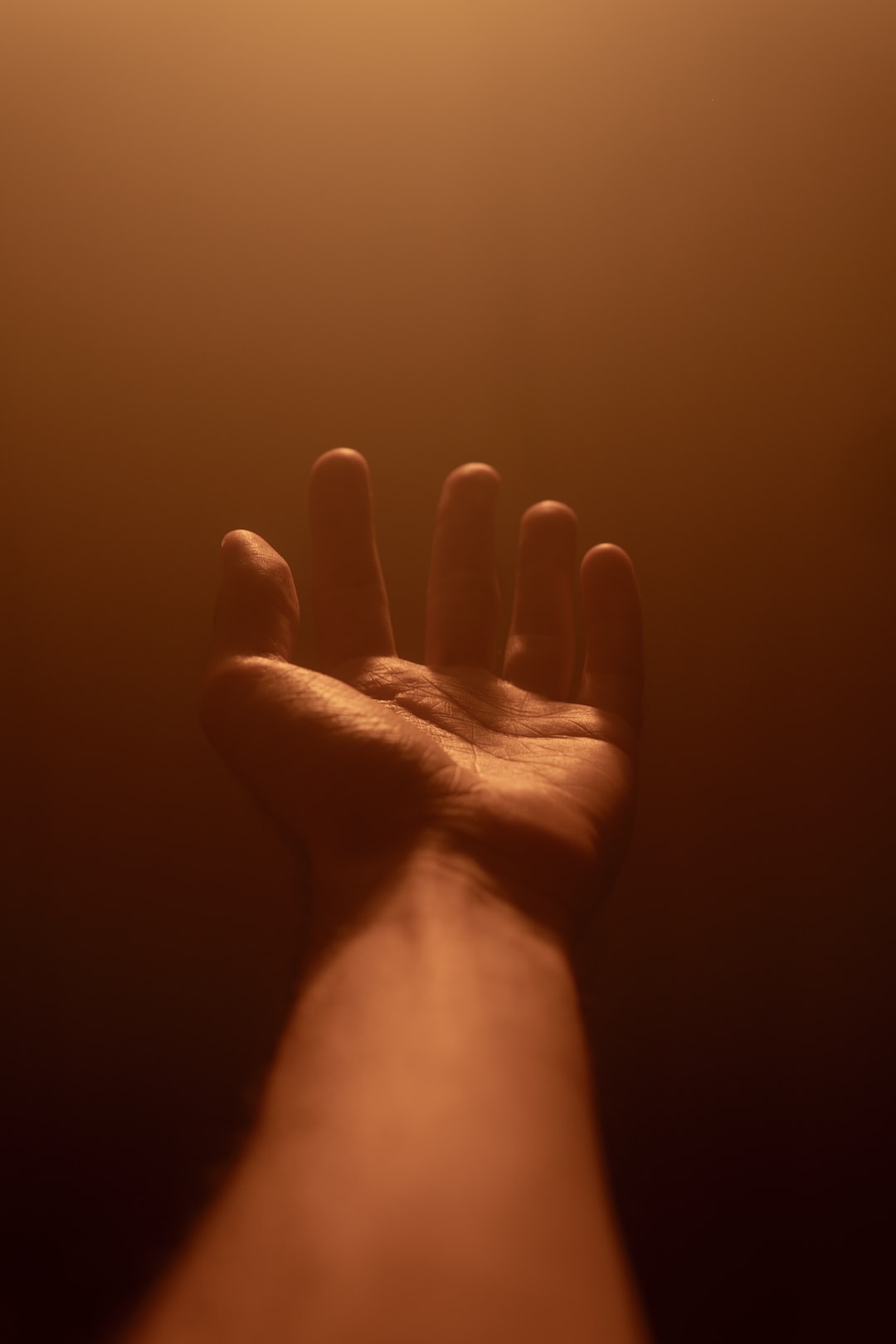Exploring the concept of destiny and free will within the framework of faith
Destiny and free will are two mesmerizing and perplexing concepts that have fascinated humanity for centuries. These notions serve as the foundation of many philosophical debates, religious beliefs, and individual outlooks. Within the framework of faith, the interplay between destiny and free will becomes even more intricate. In this blog post, we embark on a thought-provoking exploration of these concepts, delving into their significance and how they coexist within the realm of faith.
Destiny, commonly associated with predetermined events, suggests that our lives follow a predestined path outlined by a higher power or unseen force. Often, religious doctrines emphasize the belief in divine intervention, suggesting that every individual has a specific purpose or calling in life. This conviction is rooted in the idea that the outcomes and events we experience are meticulously orchestrated by a higher entity, whether it be God, fate, or karma.
However, alongside the concept of destiny lies the notion of free will, which grants individuals the ability to make autonomous choices that shape their lives. Free will acknowledges the human capacity to act independently, allowing us to decide our own paths and make choices that can divert the course of our lives. The interplay between destiny and free will forms the basis of a significant philosophical debate that attempts to reconcile the seemingly opposing forces.
Within the framework of faith, the interplay between destiny and free will often finds its reconciliation in the belief that while destiny presents a general plan for our lives, we are given the freedom to navigate and mold our own journey within that framework. It is like a river with its banks, where destiny serves as the riverbed that guides the flow and direction, while free will allows us to choose how we paddle and navigate the waters.
From a religious perspective, various faiths interpret the relationship between destiny and free will differently. Some argue for predestination, emphasizing the belief that our lives are predetermined by a higher power, leaving little room for individual agency. Others advocate for the significance of free will, highlighting the understanding that our choices genuinely shape our destinies.
Christianity, for example, embraces the concept of free will while acknowledging God’s omniscience and sovereignty. It teaches that God has a plan for each individual, but also grants free will as a gift to mankind. The Christian belief encourages individuals to exercise their free will responsibly, aligning their choices with God’s commandments, and seeking divine guidance along the way.
Similarly, Islam acknowledges both destiny and free will, as it emphasizes the concept of “qadar.” Muslims believe that destiny is ordained by God, with everything occurring according to His plan. Yet, Islam also emphasizes the importance of free will, encouraging believers to make righteous choices in their lives, guided by the teachings of the Quran. The Islamic belief is that while our lives may be predestined, our actions and choices are within our control.
The exploration of destiny and free will within the framework of faith extends beyond Christianity and Islam. It is a recurring theme in various religious doctrines and philosophical systems. Each tradition acknowledges the delicate balance between destiny and free will, seeking to offer explanations and guidance to individuals seeking to understand their place in the grand tapestry of life.
Ultimately, grasping the complex interplay between destiny and free will within the framework of faith is a deeply personal and subjective endeavor. It requires an open mind, as well as a willingness to embrace the mystery that often accompanies these concepts. Whether one leans towards the belief in a predetermined destiny or champions free will as the driving force behind their journey, faith offers solace and guidance along the way.
In conclusion, the exploration of destiny and free will within the framework of faith is a captivating journey that offers profound insights into the human experience. The dialogue between these concepts enables individuals to ponder their purpose, understand their choices, and seek harmony between their personal agency and the external forces shaping their lives. As we navigate the winding paths of life, the intertwining dance of destiny and free will serves as a reminder that regardless of our beliefs, our choices hold the power to shape the course of our journey.

